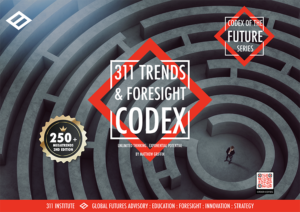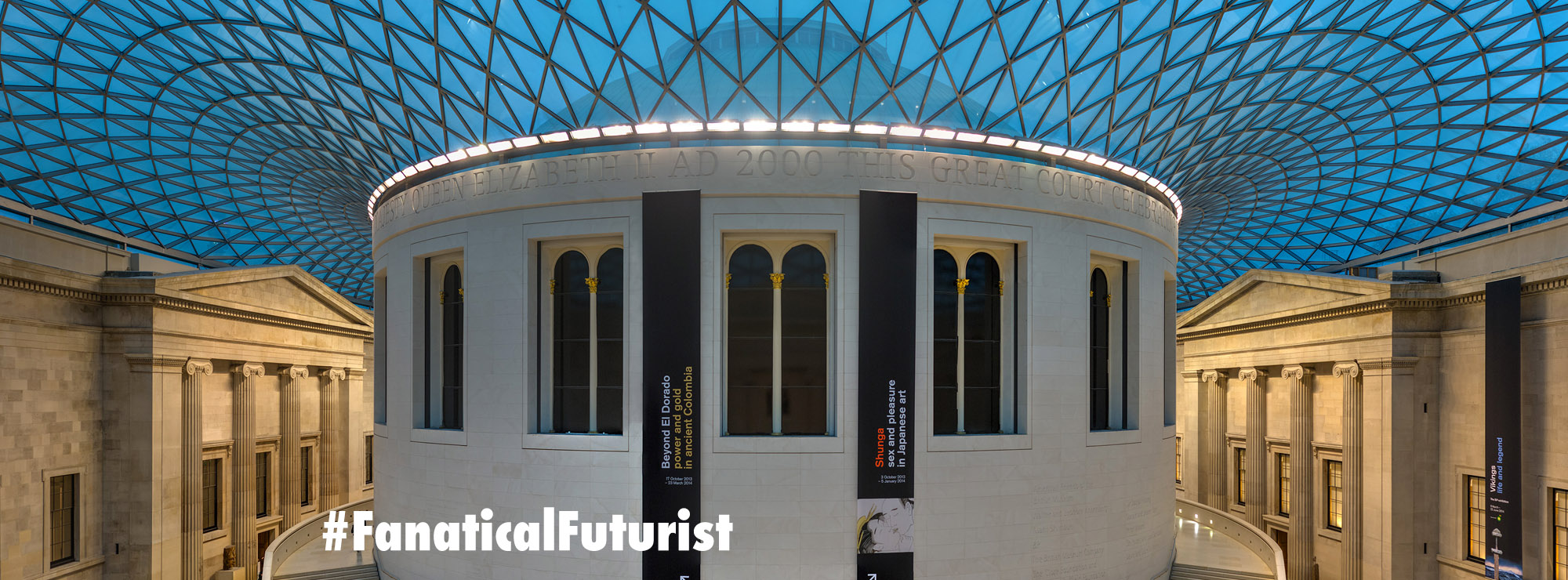WHY THIS MATTERS IN BRIEF
AI companies want to use your copyrighted data to train their models for free – then charge you to use their models.
 Love the Exponential Future? Join our XPotential Community, future proof yourself with courses from XPotential University, read about exponential tech and trends, connect, watch a keynote, or browse my blog.
Love the Exponential Future? Join our XPotential Community, future proof yourself with courses from XPotential University, read about exponential tech and trends, connect, watch a keynote, or browse my blog.
OpenAI says the US will lose the Artificial Intelligence (AI) race if it’s unable to scrape copyrighted materials — and its favourite bogeyman, China, will take the crown instead.
As Ars Technica reports, the Sam Altman-led company is begging president Donald Trump to instate federal regulations defining “fair use,” the thorny standard at the heart of the copyright lawsuits lobbed against OpenAI by The New York Times and other companies.
This policy proposal to the White House’s Office of Science and Technology comes amid increasing momentum on the state level to regulate AI. In the lengthy document the president probably will not read himself, OpenAI said that it could not compete with China — which the company insists on calling the People’s Republic of China, or PRC for short, throughout — if regulations stymie AI access to copyrighted works for training data.
The Future of AI, by AI Speaker Matthew Griffin
“If the PRC’s developers have unfettered access to data and American companies are left without fair use access, the race for AI is effectively over,” the company wrote in its policy proposal. “America loses, as does the success of democratic AI.”
Though OpenAI insists that using copyrighted materials will help it “ensure more access to more powerful innovations that deliver even more knowledge,” publishers chagrined at their work being fed into AI training data disagree — especially when those models spit out straight-up plagiarized outputs.
In the same statement, the AI giant twisted the long-established “fair use doctrine,” a legal framework allowing limited access to copyrighted materials without prior permission for quotations in articles and other normal, non-infringing usages. OpenAI also suggested that somehow, being unable to scrape copyrighted works is a matter of “national security.”
“Applying the fair use doctrine to AI is not only a matter of American competitiveness — it’s a matter of national security,” the company insisted in its proposal. “The rapid advances seen with the PRC’s DeepSeek, among other recent developments, show that America’s lead on frontier AI is far from guaranteed.”
Ironically, OpenAI has, as Ars notes, accused DeepSeek of improperly using its data without permission — a point the company failed to bring up in its policy proposal, probably because it feels embarrassingly hypocritical.
“The federal government can both secure Americans’ freedom to learn from AI, and avoid forfeiting our AI lead to the PRC by preserving American AI models’ ability to learn from copyrighted material,” OpenAI insisted.
As of now, it’s unclear whether Trump will fall for OpenAI’s gambit. If Altman and his ilk butter him up enough, however, there’s a good chance he might side with them — at the expense of copyright holders the world around.















